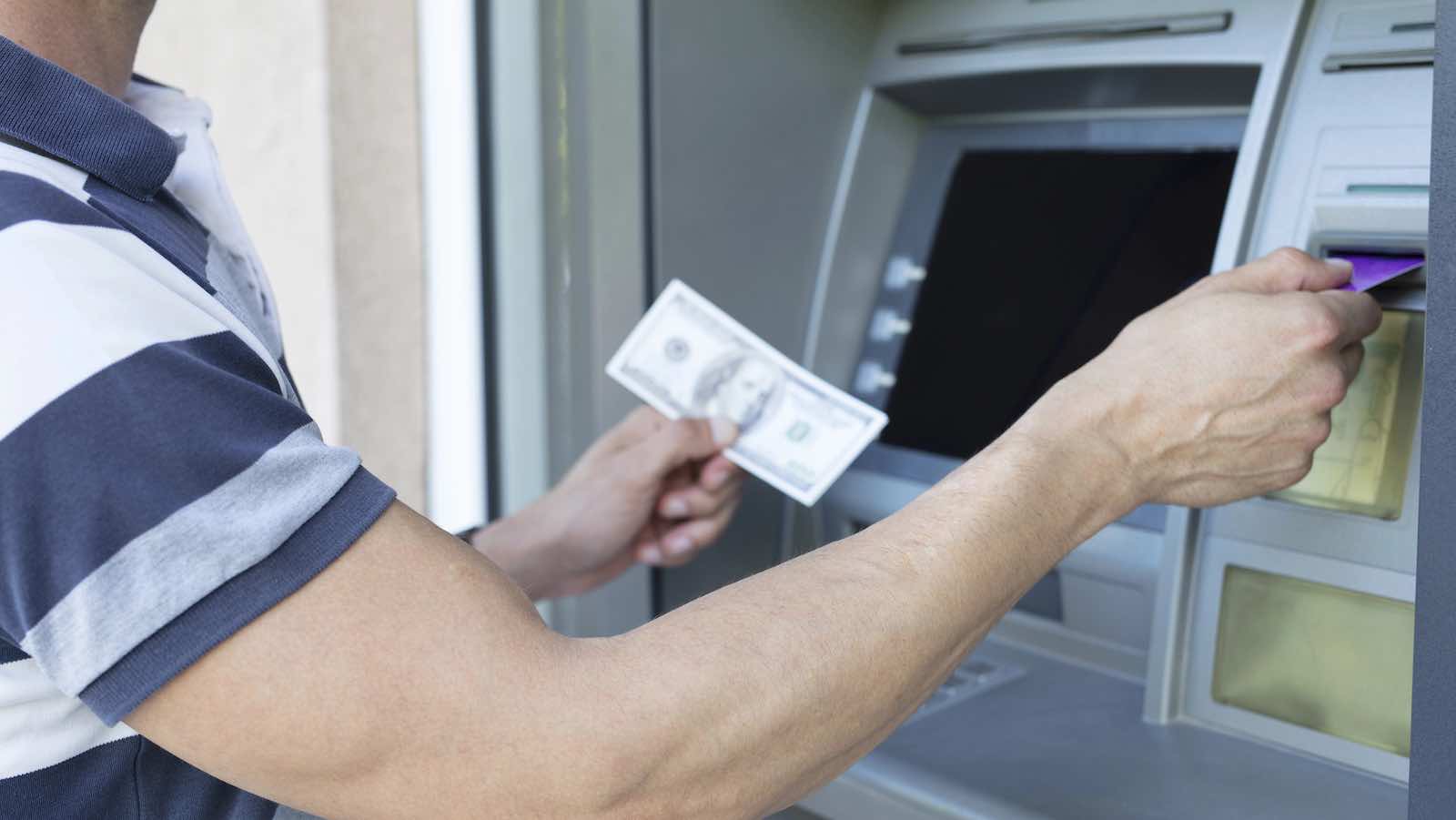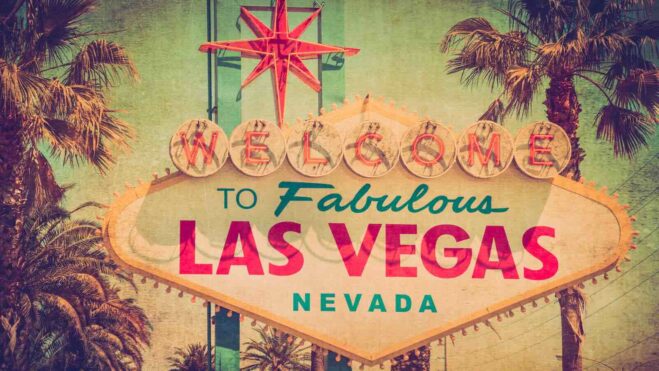The Ideas To Police Legal Sports Betting Are Well-Intentioned But Out Of Control
There’s no need to add a trip to a 7-11 and an ATM surcharge to the equation in the hopes that they make the right call between the front door and glass door.
4 min

My buddy Rick is a married father of one who works in finance, loves Formula One racing, and his cool party trick is unscrewing his front tooth that he needed implanted after a silly accident about 15 years ago.
Rick is a mostly regular guy, and if not for the legalization of sports betting in Virginia, there’s a very good chance that he would never have bet on sports except for on an occasional trip to Las Vegas.
Since the dawn of the post-PASPA era, Rick has opened exactly one sportsbook account (FanDuel), bets on F1 from time to time, and sometimes texts me during football season to see if there are any NFL sides I like. He is a casual bettor and was never motivated enough, before widespread legalization, to pursue the very easy and open channels for getting down a bet in unregulated, illegal markets. There are certainly limits to my knowledge, but far as I know, Rick does not have any sort of problematic relationship with gambling or show any signs that he might.
I believe that Rick is representative of the vast majority of people who, following the sea change, have tried sports betting and iGaming through legal channels, and have not encountered any problems. Indeed, Rick was not among those contributing — as I was — to the estimated “nearly $400 billion … illegally wagered on sports each year,” as NBA Commissioner Adam Silver referenced in his famous November 2014 Op-Ed, “Legalize and Regulate Sports Betting.”
For me, sports betting has been a form of adult entertainment I have thoroughly enjoyed and taken seriously since I was old enough to send $100 to someone in Costa Rica to fund an account. Let’s say age 22. I had a will, and there was a way. But there is a whole lot of space on the gambler spectrum between me and Rick, which is why heavy-handed, one-size-fits-all approaches at regulating or policing the activity are misguided. Gamblers exist at all points on the map.
Friction is not the answer

The reckoning, or backlash to sports betting, that many had predicted and some have feared has arrived, aided in part by some confusing and inconsistent rules, lapses in decision-making, whatever happened between law enforcement officials and GeoComply in Iowa, and illegal bookies extending way too much credit to the interpreter of baseball’s unicorn, among other things.
More specifically, by backlash, I am also referring to a recent flood of articles in mainstream media headlines such as the above, “Sports betting is out of control,” and it goes on.
The author Brendan Ruberry of this Boston Globe column makes some valid points, but I believe one of the suggestions put forth by professor Jay Zagorsky will not accomplish the desired result, and ultimately do more harm than good (emphasis added):
For bettors who simply can’t help themselves, public health-minded lawmakers ought to add friction to the process. Jay Zagorsky at the Boston University Questrom School of Business suggests that players no longer be allowed to fund their betting accounts instantly over Venmo and other online payment services. Instead, they’d make deposits into the betting apps only with cash that they put up at a bank or a retail seller of lottery tickets. That would allow bettors to continue playing as long as they’re in the black, but if they bottom out, they’ll have to get off the dopamine roller coaster and engage in a brick-and-mortar transaction.
First of all, regarding bettors who simply can’t help themselves, anyone in that part of the spectrum ought to opt out of sports betting entirely, or take an extended break. Self-exclusion is an option. There’s no need to add a trip to a 7-11 and an ATM surcharge to the equation in the hopes that they make the right call between the front door and glass door.
For everyone else in the vast majority who does not have a problematic relationship with gambling, by cutting off this funding mechanism you’re putting space between the consumer and legal, regulated, state-licensed channels. We’re talking about funds in e-Wallets or checking accounts: this is a liquid, cash equivalent, not credit.
This is just too much policing, an overreaction that isn’t narrowly tailored to help the people who truly may need help. It will mainly serve to inconvenience people, not address any root issue, a caveman solution to a modern problem.
At the risk of belaboring the point, let’s consider this through the lens of a diabetes or obesity epidemics, within a greater public health crisis. Should we mandate that chocolate bars or other foods with insufficient macronutrient composition may not appear near a cash register for fear of the wrong person making an impulse purchase?
Would The Boston Globe support removing ATMs from casinos entirely? Theoretically, patrons would make the most prudent financial decisions if forced to decide beforehand how much cash they might use to gamble, and if it becomes imperative to obtain more, they have to get in a car, drive offsite, get money, and come back. There’s your friction, though you may have created a problem of more drunk drivers, among other things.
Elsewhere, I do strongly agree with The Boston Globe’s ideas to look to the U.K. for the whistle-to-whistle ban on betting ads during games, as well as to Australia for its national self-exclusion register. Those are valid notions worth exploring in the U.S.
Unequal impact
In all of the mainstream media blowback — some of which characterizes Jontay Porter as victim and not a perpetrator, by the way — I see some parallels to the great “cannibalization” debate. That debate boils down to whether the introduction/expansion of iGaming will injure brick-and-mortar gambling operations. You may recall that Wynn CEO Craig Billings did a fine job of re-framing the debate. He wrote in pertinent part:
So, no matter which side of the “cannibalization vs. no cannibalization” debate you are on, assuming that the (positive or negative) impact will be uniformly shared by all regional casinos is pretty naïve.
My other reason for mentioning my friend Rick above was to highlight that widespread, legal sports betting is being experienced differently across the U.S. For some folks, myself included, this is old hat, only phenomenally easier and more enjoyable today, without all the friction and stigma.
But many, like Rick, are getting down on sports for the first time. So to clamor that sports betting has been around for ages, while true, does not acknowledge the reality that many people are encountering it for the first time, with all of its virtues and vices. The first rodeo with some real impact.
Regulation is not uniformly good. It has been good for some, but for others, it has introduced an addictive activity that they otherwise never would have engaged in. I think that is lost in the conversation, and ought to be acknowledged and appreciated.
In crafting proper regulations, terms and conditions, and well-intentioned ideas, it’s crucial to consider the full spectrum of people. Because if you tell me and Rick that we can no longer use PayPal, one of us probably finds footing in an unregulated gray zone, while the other, I don’t know, may end up face down somewhere with another busted tooth.






